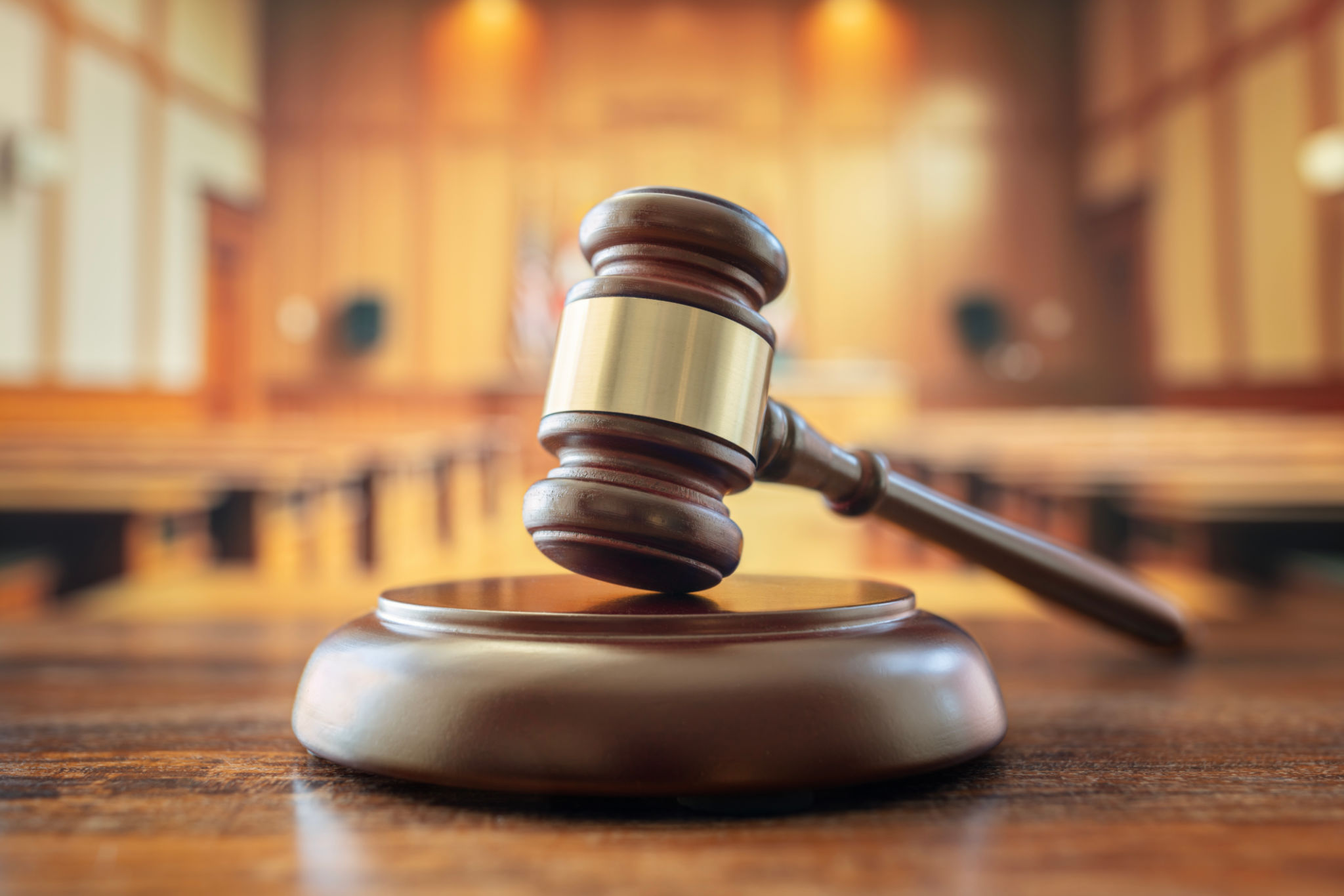A Comprehensive Guide to Credit Repair Using Legal Strategies
Understanding Credit Repair
Credit repair is a process that helps individuals improve their credit score by addressing errors or negative items on their credit report. Understanding the intricacies of credit repair can be complex, but with the right legal strategies, it is possible to enhance your creditworthiness. This guide will walk you through the essential steps and legal measures you can take to repair your credit effectively.

Identifying Errors on Your Credit Report
The first step in credit repair is obtaining your credit report from major credit bureaus like Equifax, Experian, and TransUnion. Once you have your report, scrutinize it for any inaccuracies. Common errors include incorrect personal information, duplicate accounts, or accounts that do not belong to you. Identifying these errors is crucial because they can unfairly lower your credit score.
After identifying any mistakes, it is important to gather evidence to support your claims. This could include bank statements, payment records, or any correspondence that verifies your dispute. With this documentation in hand, you are ready to challenge these inaccuracies legally.
Disputing Errors Legally
Once you've identified errors, the next step is to submit a formal dispute with the credit bureau reporting the error. The Fair Credit Reporting Act (FCRA) grants you the right to dispute inaccuracies and have them investigated. When filing a dispute, ensure you are clear and concise in explaining the error and include copies of supporting documents.

The credit bureau is legally obligated to investigate your claim within 30 days. If they find the information to be incorrect, they must remove or correct it. This process can significantly boost your credit score if successful.
Negotiating with Creditors
Beyond disputing errors, negotiating with creditors can also be an effective strategy for credit repair. Sometimes, creditors are willing to settle for a lower amount than what is owed or agree to remove negative entries upon settlement. This can be particularly effective for unpaid debts or collections.
When negotiating, it's important to communicate clearly and professionally. Propose a settlement amount you can afford and request that any negative information related to the settled account be removed from your credit report as part of the agreement.

Leveraging Legal Protections
In certain cases, leveraging legal protections can be a crucial part of the credit repair process. The Fair Debt Collection Practices Act (FDCPA) provides you with specific rights when dealing with debt collectors. Understanding these rights can help you stop harassment and potentially remove inaccurate or outdated debts from your credit report.
If a debt collector violates these protections, you may have grounds for legal action, which could result in the removal of negative entries from your report and possibly monetary compensation.
Monitoring Your Credit Progress
Once you've taken steps to repair your credit, it's vital to monitor your progress regularly. Consistently checking your credit reports helps ensure that inaccuracies are not reintroduced and that new errors do not appear. Many services offer free credit monitoring tools that alert you to significant changes in your credit report.

Regular monitoring not only helps in maintaining a healthy credit score but also in planning future financial decisions. It empowers you with knowledge about your current financial standing and aids in setting realistic financial goals.
In conclusion, credit repair using legal strategies requires diligence and persistence. By understanding your rights and taking proactive steps to address inaccuracies, negotiate settlements, and monitor progress, you can effectively improve your credit score and achieve financial stability.
